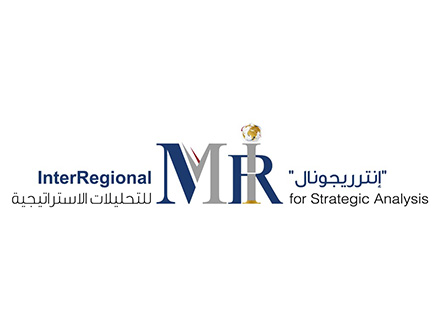Local and global indicators suggest that the economy of the United Arab Emirates will achieve significant success by 2024, overcoming global economic challenges related to conflicts, disruptions in trade lines and supply chains, climate change, and others, according to the Abu Dhabi-based International Center for Strategic Analysis.
A recent research paper, prepared by the center, revealed that the UAE has clear vision and strategic plans to enhance the contribution of non-oil sectors to the total GDP, such as trade, tourism, clean energy, retail, real estate, construction, technology, and industry.
He added that the UAE is working on continuing the implementation of economic diversification plans, forming more comprehensive international trade partnerships, and enhancing Gulf and Arab cooperation. The country is also preparing to launch new projects and initiatives, offer initiatives to attract foreign direct investments, and continue supporting start-ups and small and medium-sized companies.
The center said that global economic expectations for 2024 vary significantly, as growth remains slow worldwide. Several developing countries are at risk of defaulting on their sovereign debts. On the other hand, central bank governors are compelled to lower interest rates or at least curb their rise due to rapid inflation. Overall, the decrease in borrowing costs is an incentive for investment. However, this year may witness global economic fluctuations due to the economic uncertainty in many regions of the world.
The Central Bank of the UAE has revised its expectations for the country’s GDP growth in 2024, raising it to 5.7% from its previous estimate of 4.3%.
In the context, the International Monetary Fund (IMF) expects the UAE economy to achieve a growth rate of 4% by 2024, compared to the previous rate of 3.9%, according to a review report from October 2023. The report also predicts a growth in the country’s output by up to 4%, supported by supportive business measures and investment inflows. Additionally, the Arab Monetary Fund forecasts a GDP growth rate of 4.3% for the current year.
The center emphasized that the positive openness of the UAE to the global economy has placed it in a strong position, qualifying it to increase bilateral trade rates with many countries in the world, solidifying its position as a strong trading hub, especially between Asia and Africa. The state also adopts an economic model based on knowledge and utilizes the telecommunications and technology sector to serve that, in order to provide an active, prosperous, and attractive economic environment for foreign direct investments.
The center emphasized that the UAE has strengthened its embrace of entrepreneurs, becoming a hub for new economic opportunities and startup projects, enhancing its global competitiveness. A semi-annual study conducted by the World Economic Forum concluded that the ongoing instability in major economies is the biggest concern for senior risk officials in both the public and private sectors.
The center stated that the number of comprehensive economic partnership agreements between the UAE and other countries has reached 10 agreements. The country has also signed two agreements that are scheduled to enter into force in 2024, in addition to four other agreements that have had their terms finalized after successful negotiations.
In the context of global economic risks, “Interregional” stated that “The Economist” expected the global economy to face several challenges by 2024, including: continued tightening of monetary policies, recession, emergence of protests and industrial strikes, declining productivity, erosion of confidence in the long-term policies of the United States, and China moving away from a market economy and adopting a state-led economy.








 GOOGL
GOOGL  AMZN
AMZN  MET
MET  T
T  WPM
WPM  DM
DM  SVM
SVM  CMC
CMC  HKDUSD=X
HKDUSD=X  BABA
BABA